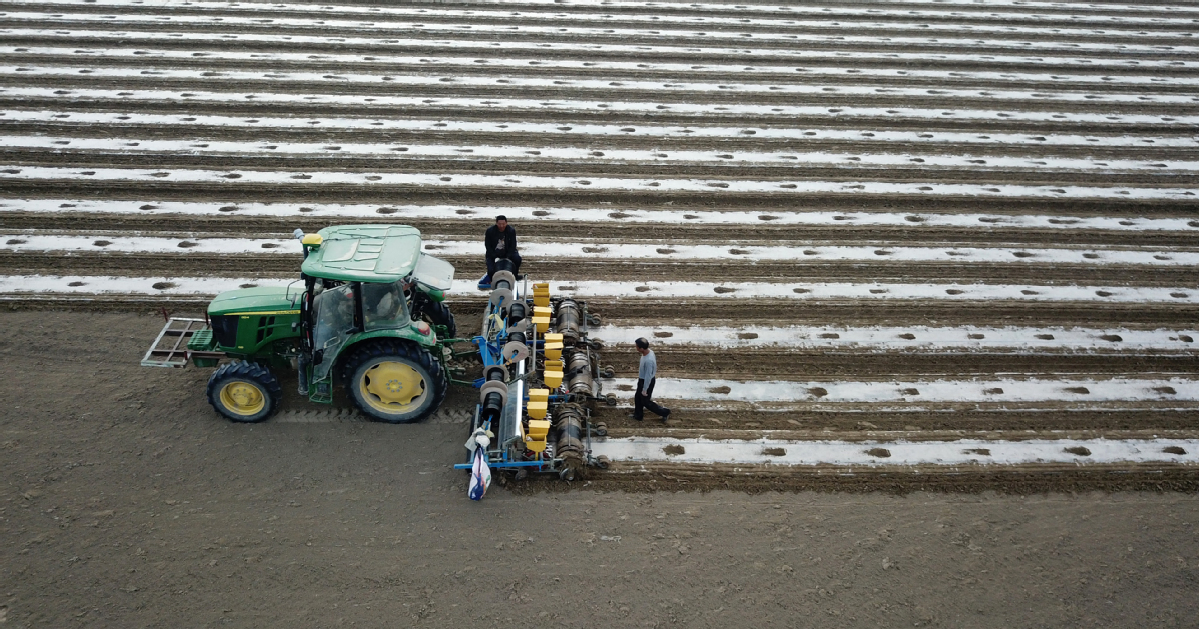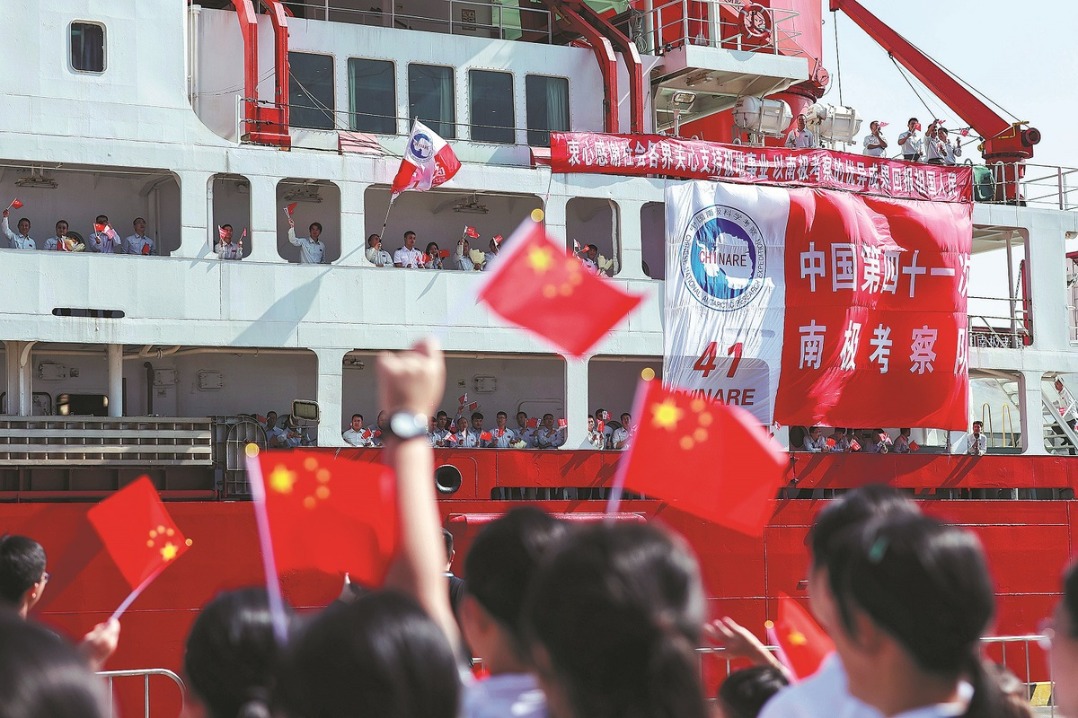Nation challenges west's human rights claims on Xinjiang


Top competitor
Amid the coronavirus pandemic and global economic downturn, Western countries have stepped up Xinjiang-related attacks as they sense losing control of the international order and the rules they set, experts said, adding that these nations also face domestic political and economic pressure.
Huang Ping, a Chinese People's Political Consultative Conference National Committee member, said that as Washington considers Beijing to be its top competitor and strategic rival, its efforts to shift blame on China have grown at a time when the pandemic has been contained in the country.
"Xinjiang is just one of the excuses for creating trouble, making hot topics and introducing obstruction for China," said Huang, a former director of the Chinese Academy of Social Sciences' Institute of European Studies and Institute of American Studies.
"The US and some of its Western allies disagree with the path, development mode and sociopolitical system adopted by China. They believe that only theirs works and they even dream of China copying them," Huang said.
His viewpoint is backed by video footage that recently went viral on social media networks.
Lawrence Wilkerson, chief of staff to former US secretary of state Colin Powell, told the Ron Paul Institute in August 2018 that one of the reasons for the US presence in Afghanistan was to destabilize China.
"The CIA would want to destabilize China and that would be the best way to do it, to foment unrest and to join with those Uygurs (in Xinjiang) in pushing the Han Chinese in Beijing from internal places rather than external," Wilkerson said.
Huang said such Western countries constantly turn to whatever topics fit their agenda-Xinjiang, Hong Kong and even the "Wuhan virus", and their experienced defamation teamwork includes participants from a wide spectrum-political parties, parliamentary figures, nongovernmental organizations, think tanks and media outlets.























